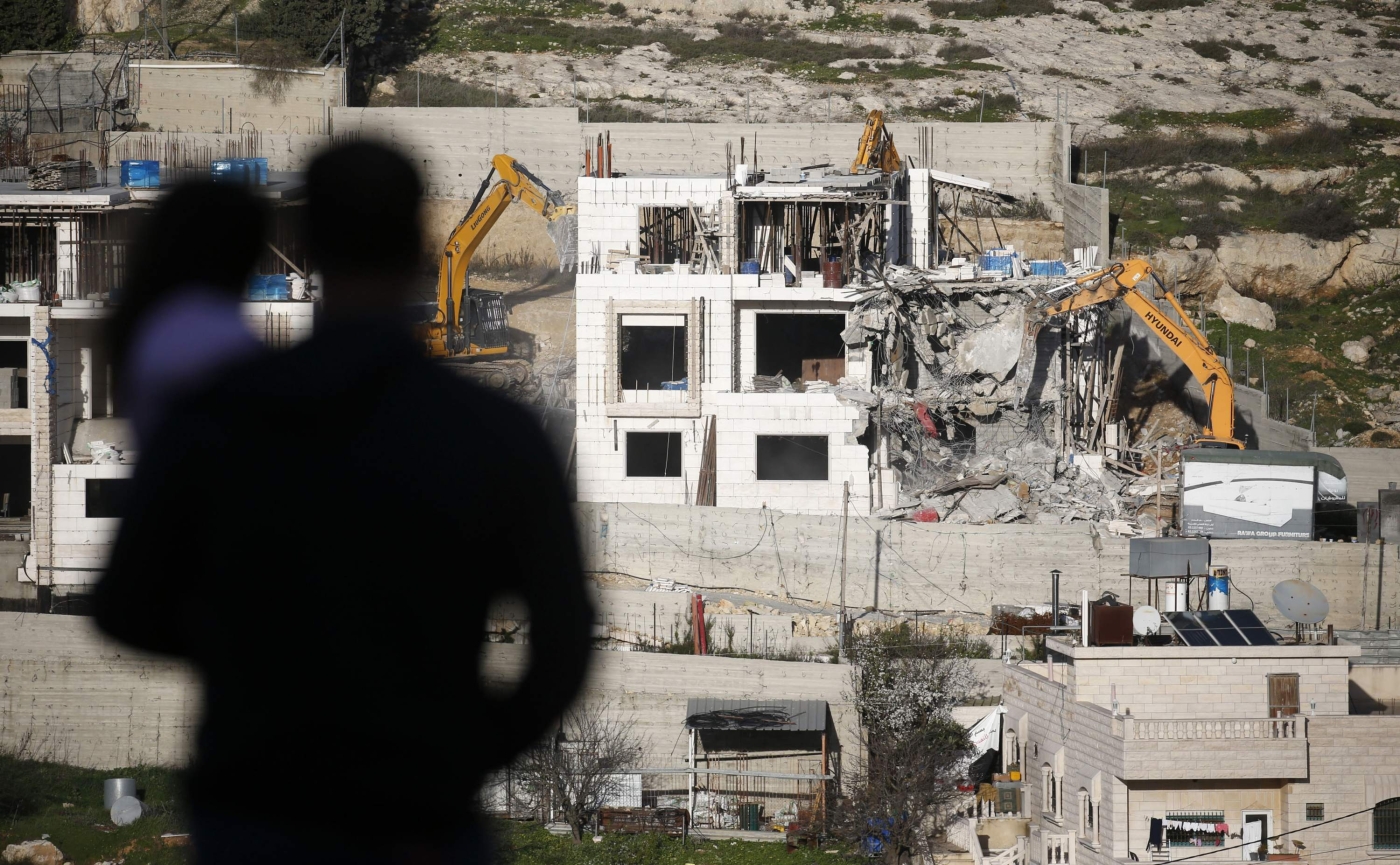
Let’s make justice for Gaza part of our weekly regimen as we prepare for Shabbat.
By Rabbi Brant Rosen | Shalom Rav | Feb 19, 2019
For its part, the Jewish communal establishment greets these crimes with silence at best and justification at worst — as if it is perfectly justifiable to regularly shoot down unarmed protesters with live gunfire.
For religious Jews, Friday is typically devoted to spiritual and practical preparation for the Sabbath. Those who are traditionally observant will spend the morning and afternoon doing their shopping, housecleaning and cooking for Shabbat before sundown. Before Shabbat worship, there is a preliminary service known as Kabbalat Shabbat: a series of Psalms and prayers of welcome that serve as a spiritual precursor to the onset of the Jewish Sabbath. As any Shabbat observant Jew will attest, the sense of spiritual preparation and anticipation that takes place on Friday is deeply imbedded in the sacred rhythm of the Jewish week.
Speaking personally, this sacred rhythm has been disrupted — perhaps even profaned — for me for almost a year now. That is because every Friday afternoon, my news feed is regularly filled with reports of Palestinian civilians killed and maimed by the Israeli military during the protests taking place during the Great March of Return.



![Israeli security forces evict the Abu Assab family from their home in Old City quarter of occupied East Jerusalem [Anadolu Agency]](https://www.aljazeera.com/mritems/imagecache/mbdxxlarge/mritems/Images/2019/2/17/3aa81e9b522e454591e95365bae1114d_18.jpg)





You must be logged in to post a comment.